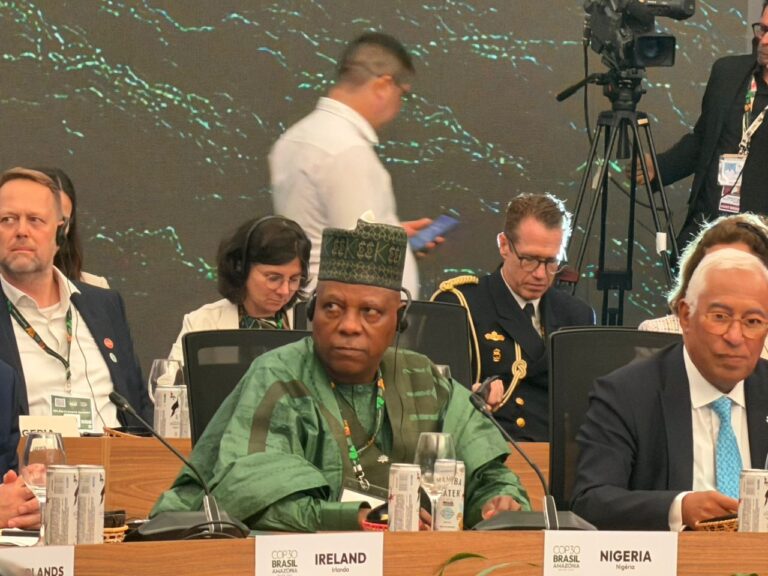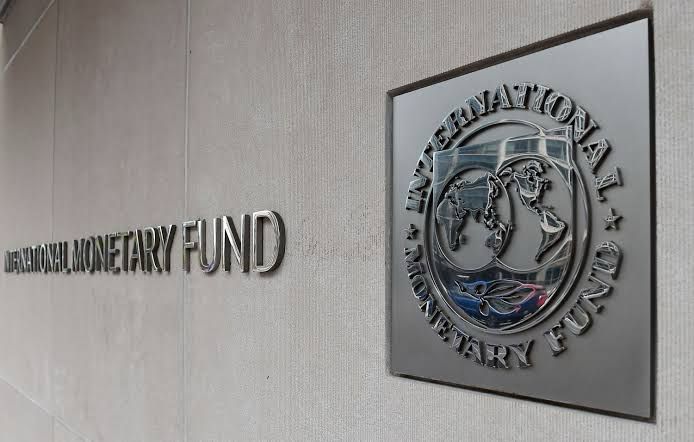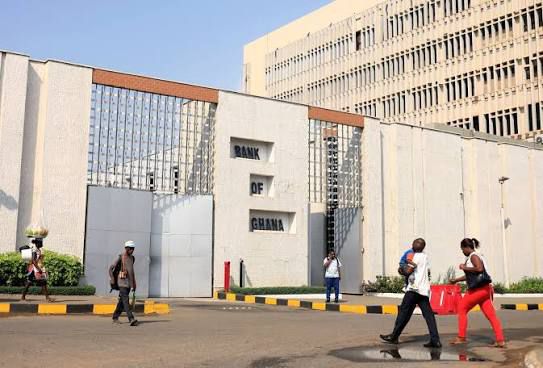The Nigerian Upstream Petroleum Regulatory Commission (NUPRC) unveiled a strategic regulatory roadmap designed to unlock over 55 trillion cubic feet (TCF) of uncommitted gas reserves. The initiative aims to attract billions of dollars in new capital expenditure (CAPEX) into Africa’s largest oil producer’s flourishing gas value chain; The commission said on Wednesday.
The announcement was made at the 3rd Gas Investment Forum in Lagos, where the NUPRC revealed that since the enactment of the Petroleum Industry Act (PIA) 2021, the Commission has already approved more than 25 Non-Associated Gas (NAG) Field Development Plans.
According to a statement from the commission, this regulatory facilitation has successfully unlocked nearly 9,790 billion standard cubic feet (BSCF) of reserves, generated a production capacity of 3.54 BSCF/D of gas, and attracted a verified CAPEX investment exceeding $4.9 billion.
Engr. Gbenga Komolafe, the Commission Chief Executive (CCE), whose address was delivered by Engr. Enorense Amadasu, the Executive Commissioner for Development and Production, outlined the Commission’s strategic commitment to driving gas development, monetisation, and infrastructure expansion.
According to the NUPRC, Nigeria’s proven gas reserves currently stand at 210.54 TCF, split between 109.51 TCF of Non-Associated Gas (NAG) and 101.03 TCF of Associated Gas (AG). Crucially, approximately 55 TCF—representing 26 percent of the total reserves—remains uncommitted to existing or planned monetisation projects, signaling a massive and accessible opportunity for both domestic and international investors.
Amadasu affirmed the long-term sustainability of the sector, noting that the national Reserves Life Index (RLI) stands robustly at about 92.7 years. He added that the Reserves Replacement Ratio (RRR) is 1.56, with an annual average daily gas production of 6.99 billion standard cubic feet (BSCF/D) recorded in 2024.

The NUPRC also confirmed steady sectoral growth, with national gas reserves rising from 208.83 TCF in 2023 to 210.54 TCF in 2025. Gas production saw a similar increase, climbing from 6.91 BSCF/D to 7.61 BSCF/D. Current gas utilisation is distributed, with the domestic market accounting for 28 percent of total gas use, exports via LNG and WAGP taking up 35 percent, and field use (including gas lift and reinjection) representing 29 percent.
Furthermore, the Commission is actively working on regulatory approvals and negotiations to facilitate upstream gas supply to key national projects, including the NLNG Train 7, the Ajaokuta–Kaduna–Kano (AKK) Pipeline project, and the Brass Fertilizer and Petrochemical Project.
Nigeria, with Africa’s largest gas reserves (210.54 TCF), is prioritizing gas development over crude oil for energy security, industrialization, and economic diversification. The critical target is the massive 55 TCF of gas that currently remains “uncommitted.”
The entire regulatory shift is powered by the Petroleum Industry Act (PIA)
2021. The Act overhauled Nigeria’s oil and gas laws, establishing the NUPRC and introducing key mandatory policies like the Domestic Gas Delivery Obligation (DGDO) and the Gas Flaring, Venting and Methane Emissions Regulations

(2023). These regulations force producers to commercialize gas instead of flaring it.
The upstream regulator is currently monitoring 19 active gas development projects with a combined capacity of 3.55 BSCF/D, comprising 10 production facilities and 9 pipeline projects.
While 88 percent of these projects are in the engineering phase, 12 percent have progressed to construction or fabrication. Analysis shows that 86 percent of the new gas production projects are targeted at the export market, primarily as feed gas for the Nigerian LNG, while 23 percent (142 MMSCFD) is directed toward the domestic market.












